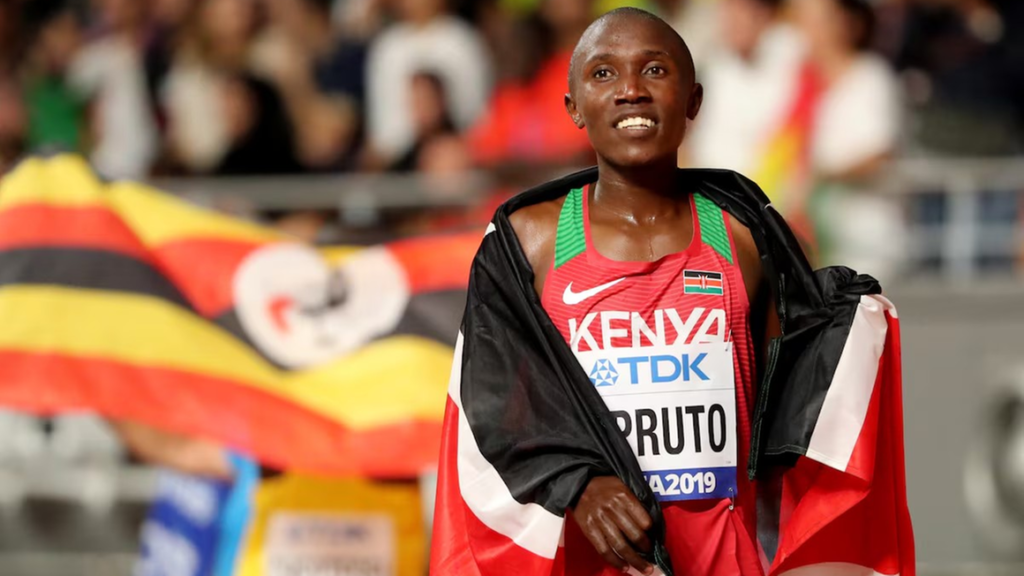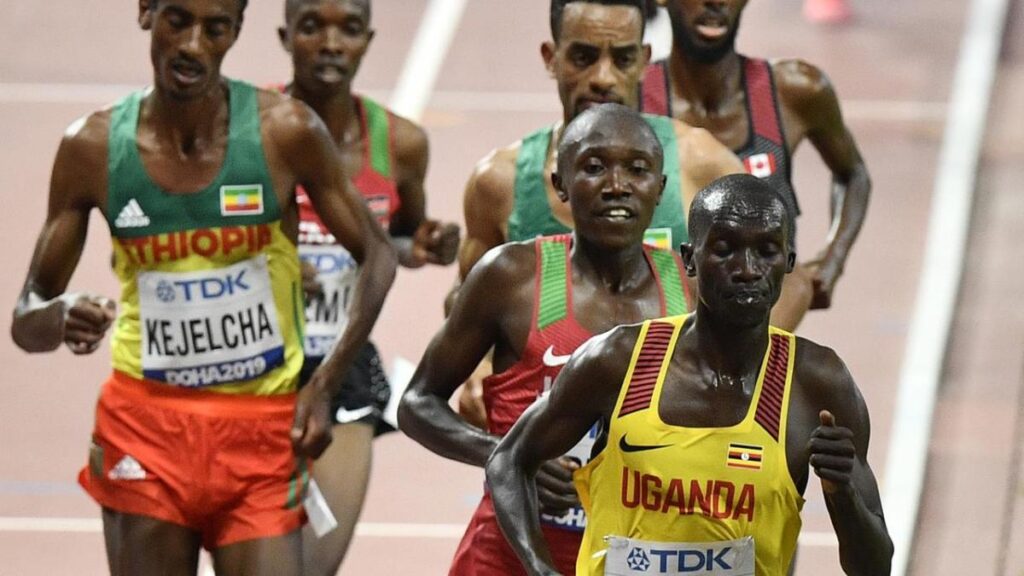Kenyan distance runner Rhonex Kipruto has been handed a six-year ban for doping, resulting in the loss of his 10km world record set in 2020 and his 10,000m bronze medal from the 2019 World Athletics Championships in Doha. The Athletics Integrity Unit (AIU) announced the sanction after a Disciplinary Tribunal rejected Kipruto’s appeal, concluding that irregularities in his Athlete Biological Passport (ABP) were likely due to blood manipulation, such as the use of recombinant human erythropoietin (EPO).

Kipruto, 24, was provisionally suspended on May 11, 2022, for violating the World Athletics Anti-Doping Rules (ADR) after irregularities were detected in his ABP dating back to July 2018. The ban, which will last until May 10, 2029, will result in the disqualification of several top honours, including his 10km road-running world record set in Valencia in 2020 and his 10,000m victory at the 2019 Stockholm Diamond League. However, Kipruto retains the right to appeal the decision to the Court of Arbitration for Sport (CAS).
The tribunal, consisting of Tanja Haug (Chairman), Sentodji Roland Adjovi, and Julien Berenger, determined that Kipruto was involved in a deliberate and sophisticated doping regime over an extended period to artificially enhance his performance. The abnormalities found in Kipruto’s ABP were linked to important competitions, including the Valencia Half Marathon in 2020 and the Kenyan Olympic trials in 2021.
The tribunal emphasized that blood doping outside of competitions can also provide an advantage by allowing more intense training, which can have a significant impact on performance even after a considerable amount of time. This is corroborated by the fact that many athletes have recently tested positive for EPO far outside of competition.

AIU Head Brett Clothier stressed the importance of the ABP as a critical tool in combating doping among elite athletes. While it can be challenging to directly detect the substances or methods used by sophisticated dopers, the ABP allows for the observation of telltale signs of blood doping over time. In 2023, the AIU conducted more than 4,700 ABP tests on elite athletes and plans to continue investing heavily in the ABP programme.
Kipruto’s ban comes just a day after the Anti-Doping Agency of Kenya (Adak) provisionally suspended 33 Kenyan athletes for various doping offences and nine days after the AIU banned Kenyan athlete Josephine Chepkoech for seven years as a repeat offender and for the use of the prohibited substance Testosterone.
The decision to ban Kipruto serves as a strong message from the AIU in their ongoing fight against doping in athletics and highlights the importance of the ABP in detecting and punishing athletes who engage in blood manipulation to gain an unfair advantage.
Credit: The EastAfrican



